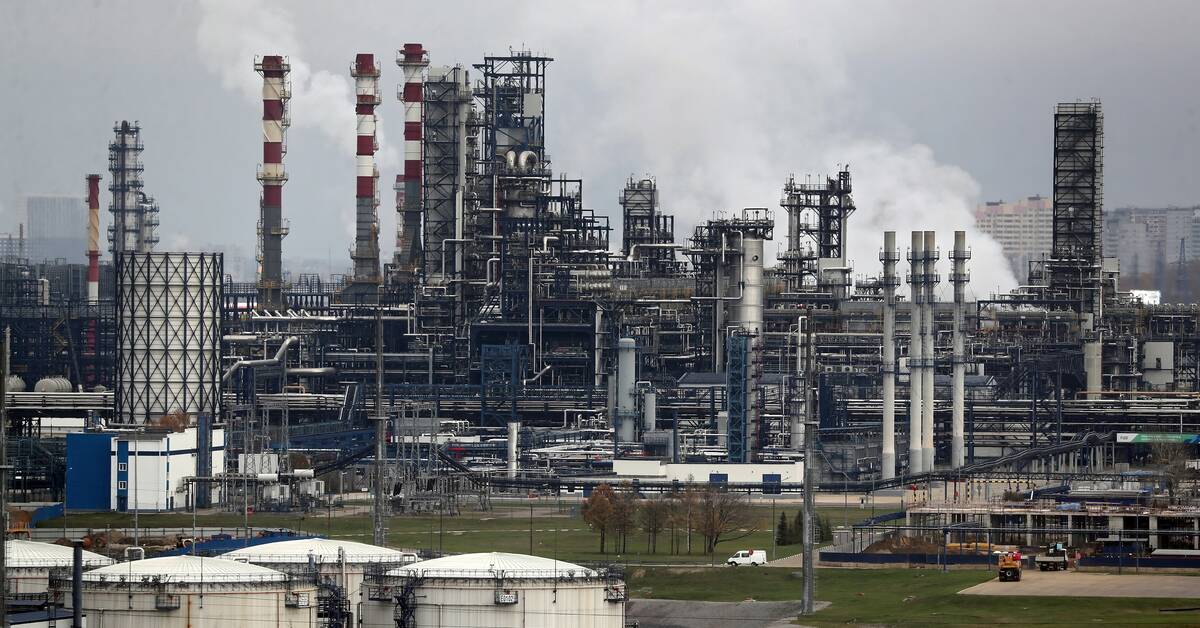Russian President Vladimir Putin issued a decree on Tuesday banning oil exports to countries that imposed a price cap on Russian oil.
The announcement from Putin comes barely a month after the EU countries, the G7 countries and Australia agreed on a price ceiling for Russian oil.
It is partly about a price ceiling that states that Russian crude oil may not be sold for more than 60 dollars a barrel to the rest of the world, and partly about a total ban on all imports of Russian oil that is transported by ship to the EU.
The price caps are a response to Russia's war of aggression against Ukraine and the goal is to limit Russia's revenue.
- It is a highly anticipated announcement.
From all parties, including those who introduced the price ceiling, some form of response was expected, says Christian Kopfer, commodity analyst at Handelsbanken.
Considering reducing oil production
According to Kopfer, the announcement means more expensive oil trade for Europeans
- It is mainly for economic reasons that Europe has bought so much oil from Russia in the past.
Now that you have to buy the oil elsewhere, it is highly likely that it will be a bit more expensive.
Christian Kopfer worries more about the second message: that Russia is considering reducing its oil production.
Russia is, together with Saudi Arabia, the world's largest exporter of crude oil.
Kopfer points out that a reduction in Russian oil production at the same time as the Chinese economy gradually opens up risks driving up the global oil price.
- In this way, Russia is a very important player in the global oil market.
So a reduction in oil production could have meaningful effects on oil prices.
"Can live with significantly higher prices"
Mainly two factors affect the Swedish fuel prices: the krone's exchange rate against the dollar, and the underlying raw material price.
Christian Kopfer states that the price of raw materials is on the way up as a consequence of the fact that within a few years the world will probably consume more oil than ever before - at the same time that investments in new oil production are decreasing.
- I think that we will continue to have to live with significantly higher prices than we are used to, says Christian Kopfer.

